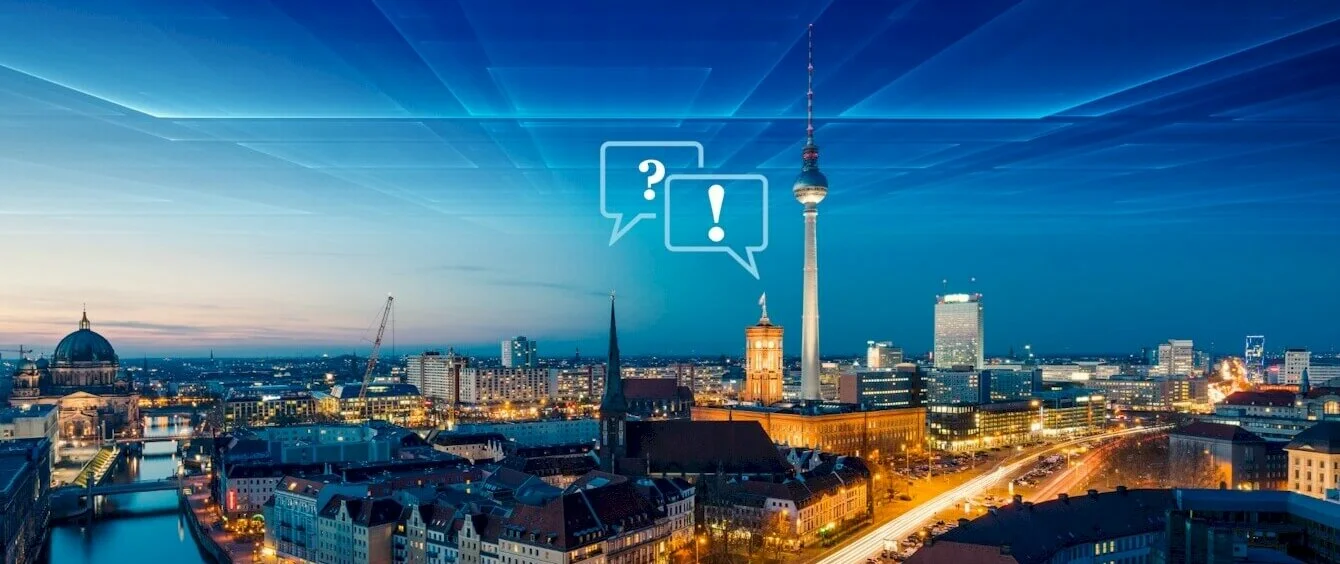Electricity is indispensable for our society, and security of supply is vital. The energy transition is posing some challenges to the energy sector. En:former provides some brief answers to the most important questions.
Security of supply – what does that actually mean?
Consumers, companies and government authorities always have electricity available, without interruption. To make that happen, three things are essentially necessary: an adequate amount of installed power plant capacity, a secure supply of fuel, and an electricity network that meets the needs.
How secure is the supply of electricity in Germany and Europe?
By international standards, security of supply is very good in Germany. On average, customers lost under 13 minutes to power outages per year in the period from 2012 to 2016. In most other European countries, this figure ranged between 20 and 60 minutes.
What does the future look like?
There are challenges, primarily resulting from the energy transition: a rapid expansion of the grid would be necessary to offset the natural fluctuations in the production of wind and solar power, but this expansion is proceeding at a slow pace. After phasing out nuclear energy at the end of 2022, secured capacity will become relatively scarce. One study by enervis energy advisors indicates a safety margin of just two gigawatts. Transmission system operators are expecting to face undercapacity as early as from 2020 onwards.
Is security of supply only an issue with electricity?
Security of supply also involves natural gas. During periods of high electricity consumption in the winter, there is strong demand for gas on the heating market. The supply chain has to function smoothly, otherwise this can also have an impact on the supply of electricity.
Are there any reserves?
Right now, some lignite-fired power plants are on standby: if the transmission system operator requests the availability of these plants, the plant operator can provide this. After this, the power plants can be ramped up to full load within 24 hours.
Additionally, there are network reserves: while the transmission networks are big enough to supply wind-based power from the North to Southern Germany in the summer, electricity consumption in the winter is often so high that the amounts needed would overload the grids. In this case, the generation of power plants in the North is ramped down and plants in Southern Germany which are shut down in the summer are put online to meet the higher demand.
In the future, some power plants should also be held in capacity reserve to handle situations in which demand for electricity significantly exceeds supply on the market.
Is security of supply regulated by law?
Transmission system operators are only responsible for the safe operation of the electricity grid, and the Federal Network Agency can forbid the decommissioning of power plants which are needed for the system, but there is no regulated mechanism for harmonising supply and demand.
How secure is the supply of electricity in the UK and the Netherlands?
The current high level of supply security in the Netherlands is expected to decline after 2020, as power plants are decommissioned or mothballed. As a result of this, the Netherlands will become more dependent on other countries, such as Germany.
The UK’s capacity market is designed in such a way that in extreme situations supply would theoretically fail to cover demand for up to three hours annually. In practice, however, there is a secure supply of electricity at all times.
Photo credits: euregiocontent, shutterstock.com, smartdesign91, shutterstock.com
